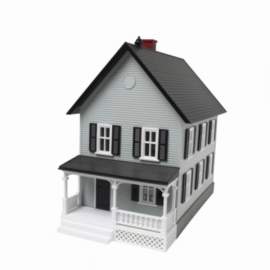
What You Must Know About Commercial Mortgage Lenders

A commercial mortgage is a loan that uses real estate as collateral to guarantee or secure a payment. A commercial mortgage is similar to a typical residential mortgage, except that the collateral associated is a commercial building or some form of business real estate. In addition, a commercial mortgage is usually agreed upon by businesses and not individual borrowers. The typical borrower of a commercial mortgage is a partnership, an incorporated business, or limited liability company. Commercial mortgage lenders are financial institutions, primarily banks, investment banks, or hedge funds. A commercial mortgage lender will lend a large mortgage to a group of investors, under the assumption that the borrower will pay back the hefty mortgage in full, with interest. Over the long run, the commercial mortgage lenders will make a substantial profit; the mortgage payments, coupled with the interest charged will yield a profit that considerably covers the initial loan amount. To qualify for a commercial mortgage a group of investors must meet the commercial mortgage lender's criteria. This is crucial; a bank or financial institution is not going to broker a deal, and loan a large amount of money without a qualifying the borrower. The primary criteria associated with commercial mortgage lenders are that the borrower's ratio of liquid cash covers the required loan payments. In addition, the borrower must provide a positive personal credit rating and irrefutable evidence that the business prospect or intended plan with the loan is creditworthy. In total, a commercial mortgage lender will evaluate not only the borrower’s credit ratings, but also their business profile. Those with a profitable and stable business can produce income, and thus payoff the commercial loan. Those with faulty business models or struggling prospects will receive a loan with an astronomical interest rate, or be rejected.

















